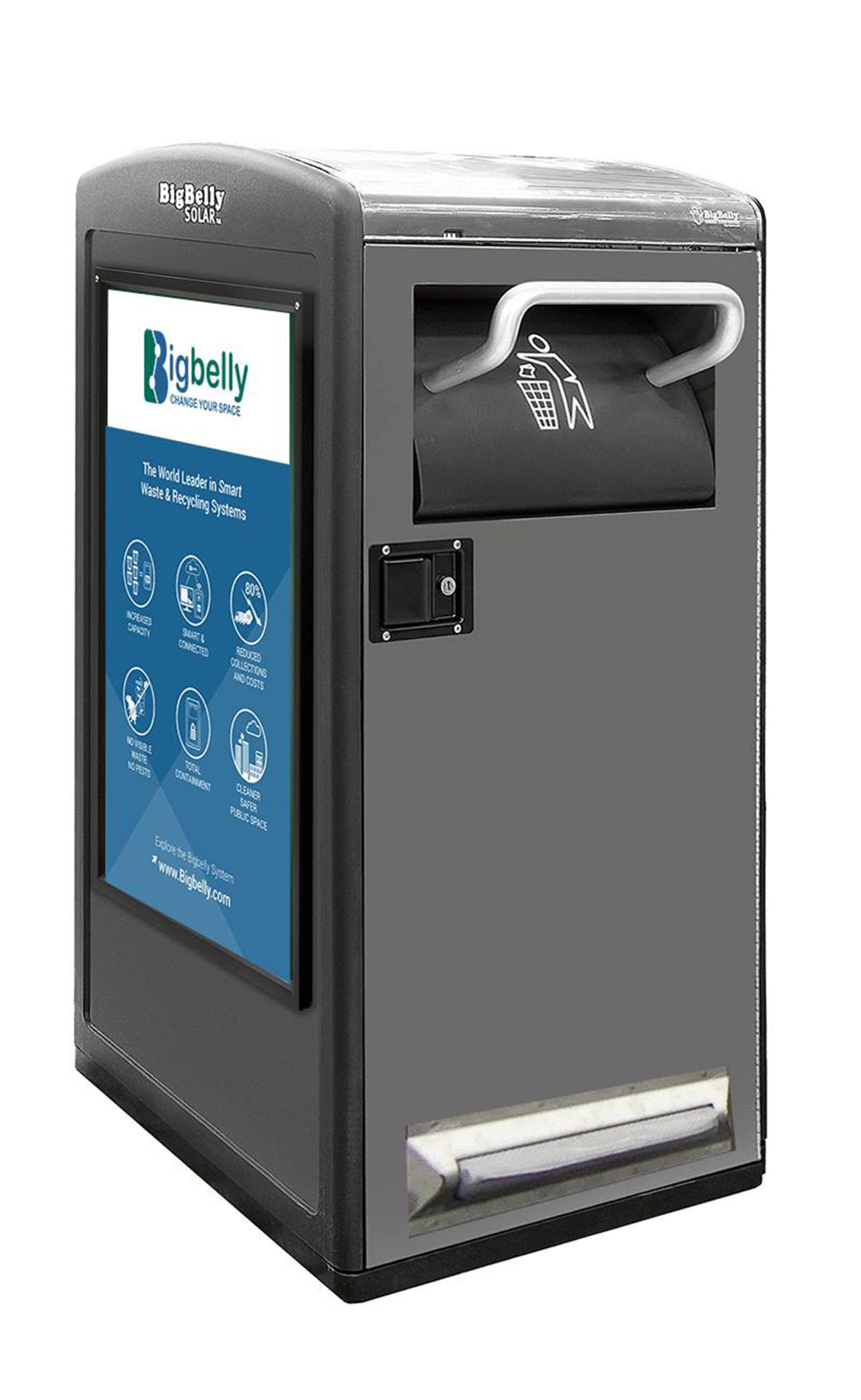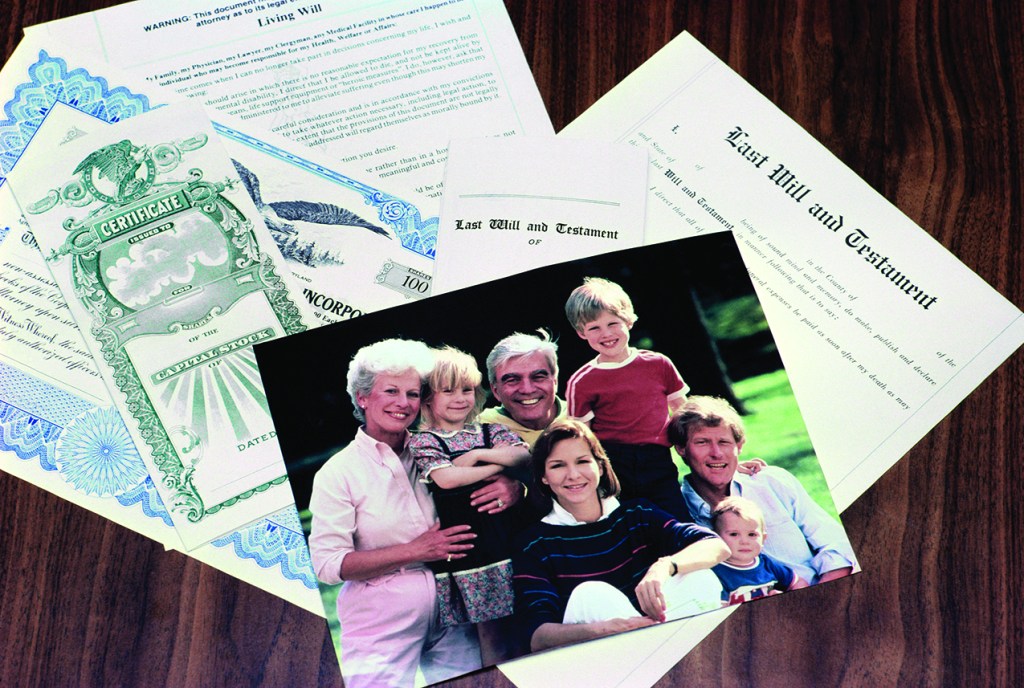Solar Trash Cans Coming To Long Beach


Southampton Town is planning to place solar-powered waste compactors at Foster Memorial Beach in Noyac.
The Parks & Recreation Department has been exploring efforts to stop the dumping of household trash at area beaches, along with other illegal dumping, including of commercial debris, and litter at parks and beaches.
At the May 12 town board meeting, members voted on the resolution, co-sponsored by Supervisor Jay Schneiderman and Councilman John Bouvier, but results were not available by press time. Three Bigbelly-brand units would be designated for trash, and three for recyclables. All other public trash receptacles would be removed from the facility also known as Long Beach.
“Unfortunately, people illegally dump their household bags in our cans, which leaves little room for light refuse generated at the beach, like sandwich bags and wrappers, and so those items overflow and blow around,” town Parks Director Kristen Doulos said.
The cans can hold up to 150 gallons, with a 5-to-1 compaction ratio. They are also equipped with sensors that monitor and report fullness levels and collection activity. The enclosed hopper — opening — design ensures total waste containment. Over the past few years, there’s been increasing support from frustrated community members to limit or do away with receptacles. The cans would be purchased with money from the park reserve fund, generated through land use application fees.
To help monitor the issue, Long Beach will also be under video surveillance. In addition to the littering violations already in the town code, the town board adopted legislation last summer to prohibit commercial and accumulated household trash from being placed in public receptacles. Violations of the code carry a fine of up to $5000, and/or up to 30 days in jail. On the flip side, any individual who provides information to authorities that leads to the conviction of a person violating the code can receive up to $1000 of the fine collected.
“We all love our beaches, but no one likes to see litter at these beautiful places,” Schneiderman said. “The overflowing trash is easily accessible to seagulls, dogs, and raccoons, which then spread the garbage around. Then, the wind scatters the litter even farther and you have an ugly situation. These solar-powered compacting receptacles help solve the problem by sealing off the garbage from wildlife, and they are designed to make it difficult for someone to dispose of large bags of household trash. With the added video surveillance, we should see a dramatic decrease in the amount of litter.”
Other ongoing efforts to keep town facilities clean include utilizing a litter vacuum machine in parks and parking lots, and a beach cleaning machine to rake the sand and remove litter and other debris.



